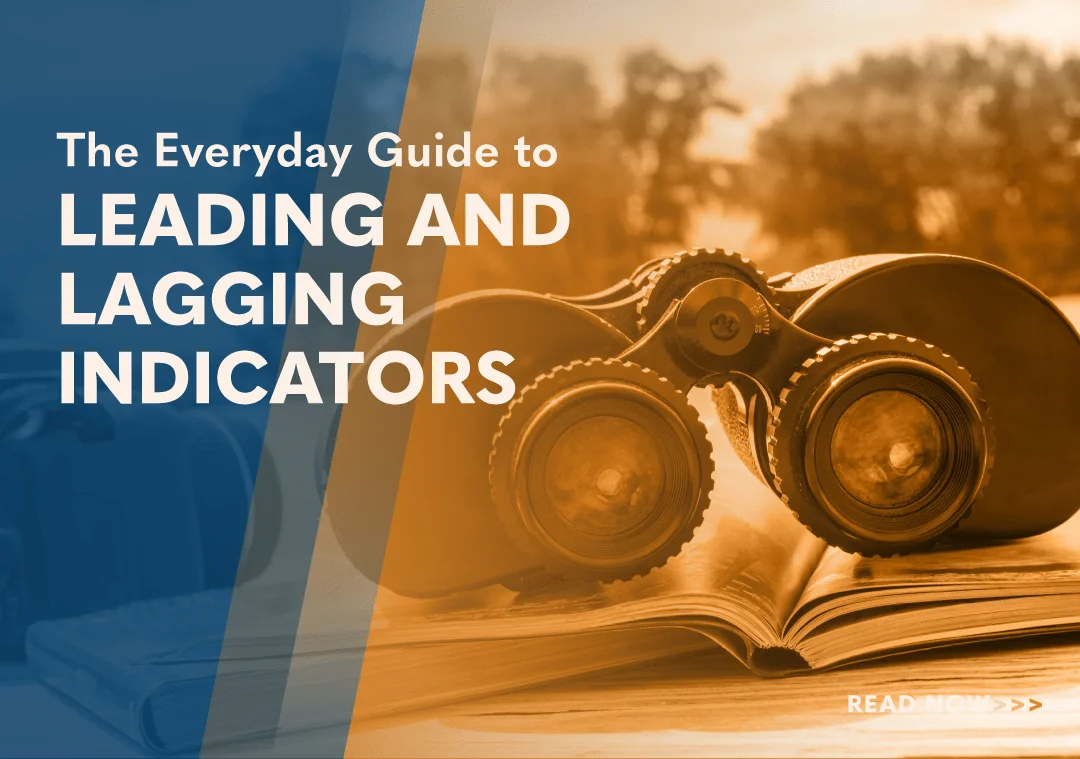Buyer Personas and Perception

Does your sales approach take buyer personas into consideration? You know, that ideal customer profile of your best potential prospect? Deeply knowing “who” you are selling to is critical in developing a successful sales approach. In this article, we will explore the concept of buyer personas and how sales reps can apply the principles of perception and persuasion for improved performance.
Life is Messy
We’re living in an unpredictable time. On any given day, any of us can feel out of touch, disheartened, or downright bananas. When a gallon of milk and a gallon of gas are both nearly five dollars, one trip to 7-Eleven can send us into a tizzy. Now imagine a sales rep rolling into a Monday morning meeting with a new prospect who just shelled out over $100 to fill up his tank. Does last year’s persona prepared by marketing still apply to this prospect? I would guess this prospect’s current state is highly price-sensitive and worried about every penny. As sales professionals, we cannot afford to be tone-deaf to this new reality.
Buyer personas are unquestionably helpful for marketing to segment the market and target the best potential customers efficiently. But for sales reps, assuming they know their prospects’ persona, can lead to frustration. Have you ever completed a sales call with an ideal prospect that left you scratching your head while saying to yourself, “I don’t understand, this is a perfect solution for them. Why don’t they get it?” Maybe the reason the prospect didn’t “get it” was because, as the sales professional, we made inaccurate assumptions and failed to empathize with the prospect’s current state.
According to Managing Vice President Scott Collins with Gartner for Sales Leaders, “The traditional buyer journey maps and playbooks previously relied on for customer understanding are now little more than an approximation of what a customer truly goes through. For sellers, trying to diagnose real customer purchase progress feels like trying to fit a square peg into a round hole.” Gartner further recommends “empowering sales reps with the freedom to diagnose and adapt to a customer’s unique context, and then empower them to identify creative, tailored ways to advance a given deal, customized to the specific customer scenario.” This is sage advice, but how exactly does a sales rep tailor a creative solution, and how does the organization empower these reps? Let’s explore.
Prospect’s Perspective
Value recognition is an integral component of all successful sales transactions. But it is only the prospect’s perceived value that is important. Perceived value is relative to each individual prospect’s current state. Until a prospect recognizes the value of the offer and trusts that the value can be delivered, there will be no decision. Sales reps routinely presuppose they know what their prospects value. How else do you explain all the no-decisions in the CRM? What is important for the sales rep to consider is that different perspectives yield different value considerations.
In the traditional economic model, supply & demand, market competition, and rational participant buyers and sellers act in their economic self-interest. But sellers today have to contend with imperfect and inefficient markets, inflation, and supply chain issues, to name just a few. As a result, sellers are faced with a variety of challenges and uncertainties.
In stable markets, assumptions can be made. This new economic environment has dramatically altered this notion. Sales professionals should seek to clarify the buyer’s value perspective. Competing values, complexity, and uncertainty all contribute to the disconnect between buyers and sellers. For example, a study by Kantar found that 92 percent of people say they want to live a sustainable life, but only 16 percent are actively changing their behavior. As sales professionals, we want to know what’s preventing the buying behavior. Until we understand the cause, we are grasping at straws.
Astute sales professionals may want to start asking questions we’ve never considered asking before. Conditions imposed by the market (Tariffs, Inflation, and Supply Chain) almost certainly will have a psychological impact on prospects which may influence buyer behavior. Not considering these influences can lead to misinterpretation by the sales reps. Buyer personas based on past economic conditions and buyer behavior are limited in usefulness and can negatively impact sales performance.
What do your prospects value the most today when real money is on the line? By understanding what prospects value, sales reps can tailor their message to match their buyer’s decision-making process and avoid the dreaded, no-decision outcome. Today, many sales-qualified leads are ending up in the no-decision category in the CRM. I don’t have empirical data to quantify this statement and certainly don’t want to generalize, but I believe there are more no-decision deals in many CRMs today than deals lost to competitors because of the new economic environment. My hypothesis is that current market conditions are forcing buyers to be more cautious and conservative.
Beyond Buyer Personas
Buyer personas are only half the equation in today’s selling climate. Sales reps need to think beyond traditional buyer personas and uncover buyer decisions. When sales reps consider the deeper connotation behind decisions, they can better serve future prospects. Blind application of assumptions leads to unnecessary no-decisions.
Figuring out why prospects decided to purchase is powerful information. As sales reps, we can ask our newest clients their reasons for buying. Not old clients or previous clients, but our most recent clients who switched from a previous provider. These buyers will be able to remember why they switched. It’s a good idea to be very specific with the question. You want to know what prompted them to decide to solve their problem or achieve a certain goal. You don’t want to know what they were thinking on the day they purchased, but what prompted the decision to solve the problem.
With this updated buyer decision information, sellers can ask prospects detailed questions around these new realities. Remember, if it didn’t come from your buyer’s mouth, you are guessing. And guessing destroys high performance. Sales reps don’t need to guess, they just need to expand the conversation.
For example, sales reps want to review the hidden pressure the buyer might be feeling. Maybe they’re having supply chain issues with their current supply partner. Maybe they are experiencing a labor shortage that is affecting operations. Additionally, they could be looking for ways to cut costs because inflation is impacting their profits. Maybe they had a bad experience with your competitor. It is possible all these pressures are impacting their business right now. Sales reps who want to maximize their performance cannot afford to ignore these realities and discount their impact on the sales process. When sales reps recognize these undercurrents and expand the conversation to address these issues, they can uncover hidden fears that would have prevented a purchase decision.
In Conclusion
The importance of buyer personas is not in question. For sales reps in this current unique economic environment, building prospect personas based on demographic data is only part of the equation. Knowing your prospect’s hobbies, school they attended, company size, and title is less important to the seller than understanding their unique circumstances. The prospect profile approach to selling only works if the product is simple and uncomplicated with a short sales cycle. In other words, a transactional sale. When a sales rep understands their prospects’ fears and needs at every step in the sales process, they can make it easy for their prospects to choose them.

- Account Planning (11)
- Awards (49)
- Client Testimonial (37)
- Personal Branding (19)
- Podcast (11)
- Research (70)
- Sales Career Development (87)
- Sales Coaching (156)
- Sales Consulting (137)
- Sales Culture (170)
- Sales Enablement (354)
- Sales Leadership (109)
- Sales Management (248)
- Sales Negotiation (16)
- Sales Prospecting (125)
- Sales Role-Playing (18)
- Sales Training (235)
- Selling Strategies (263)
- Soft Skills (70)
- Talent Management (94)
- Trusted Advisor (27)
- Virtual Selling (49)
- Webinar (9)


























